In November, U.S.-based wellness company Melaleuca inked 410 million yuan's worth of strategic cooperation agreements with five major partners around the world during the seventh China International Import Expo, and the company further announced a commitment to completing a strategic collaborative procurement value of more than 1 billion yuan in the next two years.
Xu Wei, president of Melaleuca China, said China is not only one of its largest markets, but also a place where it invests the most in research and development.
According to Xu, partners reaching the 410 million yuan long-term strategic collaboration agreement with Melaleuca are all world-leading suppliers of raw materials, covering the sectors of health food, biological science, health and beauty, flavors and fragrances, and more, and they will work together to create high-quality and reliable health products for Chinese consumers.
"Significant efforts have been made to attract foreign investment in recent years in China, like the constantly improved and optimized business environment, as well as substantial support to foreign investment in terms of policy support, administrative services, legal and regulatory protection, talent introduction and R&D incentives," said Xu.
"Shanghai in particular is one of the world's most attractive destinations for foreign investment, and it is a natural choice for multinational companies to deploy their industrial chains, supply chains and innovation chains globally," Xu said.
Around 70,000 foreign-invested enterprises in Shanghai contributed to a quarter of the city's GDP, about one-third of tax payments, more than half of total industrial output by entities above a designated size (20 million yuan in main business revenue), and nearly two-thirds of its imports and exports, making Shanghai one of the world's most attractive destinations for foreign investment, China National Radio reported.
One of the examples of multinational companies' confidence comes from the annual CIIE, according to Jerry Felton, CEO of Melaleuca.
"CIIE creates a platform for us to gain a deeper understanding of global issues and trends, technological innovations, and cutting-edge science and products. On top of that, the relationships and strategic partnerships we built at this event proved to be invaluable," Felton said.
"The extended impact of the CIIE has led to our decision to build overseas regional headquarters, smart factories as well as an R&D center, and these investments will also bring a more diversified, localized and modern consumption experience for Chinese consumers," said Xu.
Likewise, New Zealand-based cellular health brand MitoQ is taking the annual CIIE as an important event in the company's calendar.
"The reason being, it is a chance for us to come here to showcase our brand among all of these other companies that are here to build those partnerships and really to draw the eyeballs in," said Mahara Inglis, CEO of MitoQ.
According to Inglis, MitoQ has been participating in the CIIE for six consecutive years since entering the China market in July 2018, and currently China is MitoQ's largest overseas market, followed by the United States.
MitoQ, which mainly sells its products online, has seen its business in China grow by double digits over the years, and the company has looked to introduce more products specifically designed for the needs of older consumers in China, providing scientifically proven anti-aging solutions to Chinese consumers.
With expectations of better tapping into the China market, which has placed an increasing emphasis on research and innovation in the field of life and health sciences, MitoQ initiated a collaboration with Zhejiang University last year.
This is hoped to benefit the company's China business and product development by better understanding the local market which has massive growth potential and is extremely competitive at the same time, Inglis said.
"The partnership with Zhejiang University represents a milestone in localized research and product development focused on the health concerns of Chinese consumers," Inglis said, adding that the company is looking to tap into the aging population, lifestyle tendency of leading a healthy life and people's pursuit of longevity.















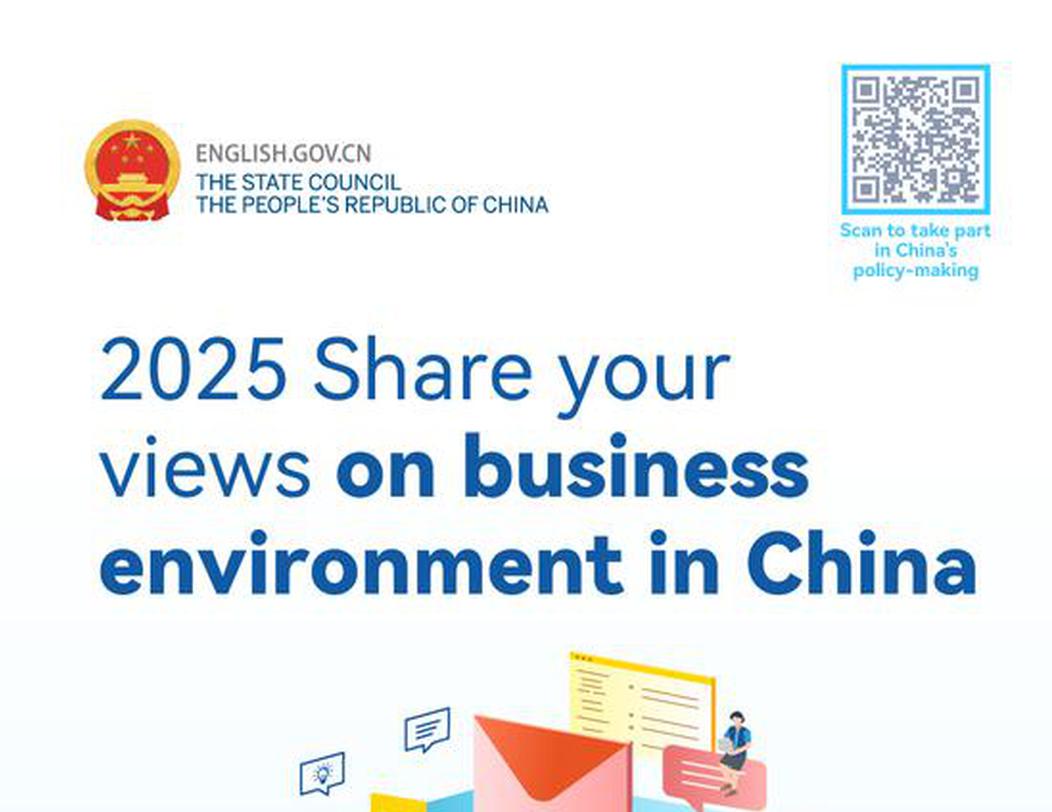






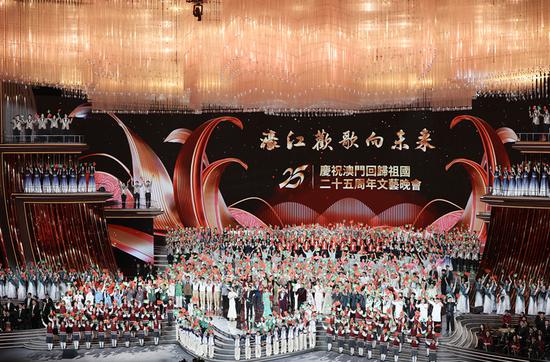



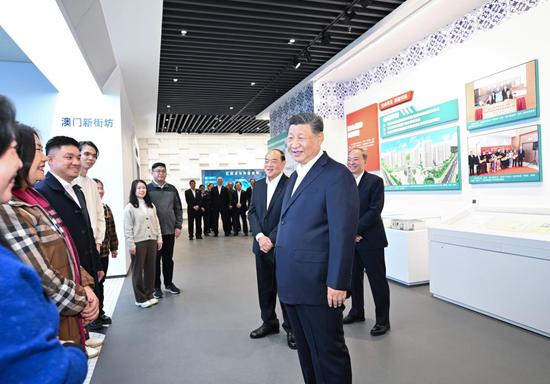
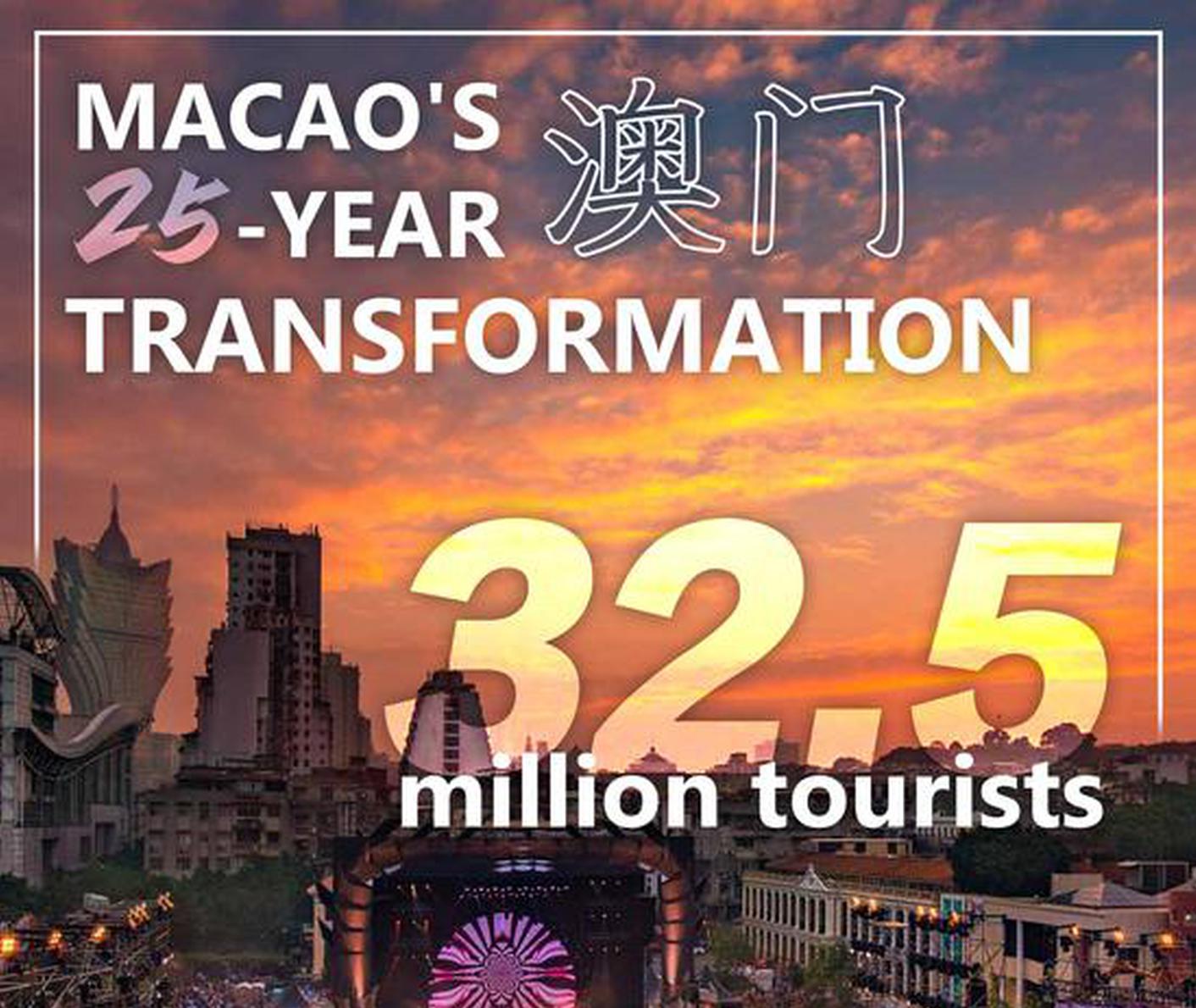



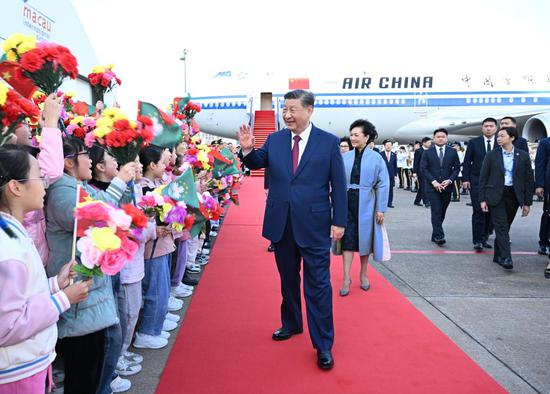

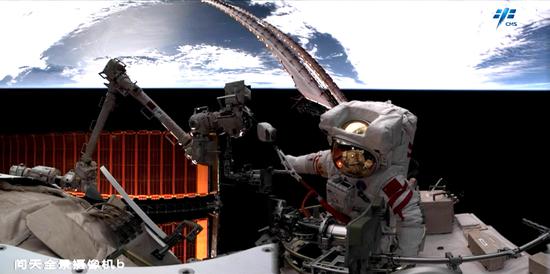
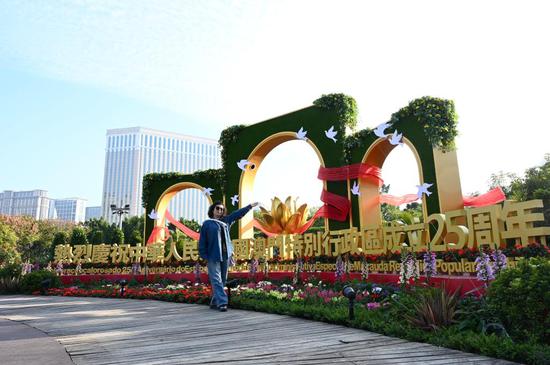











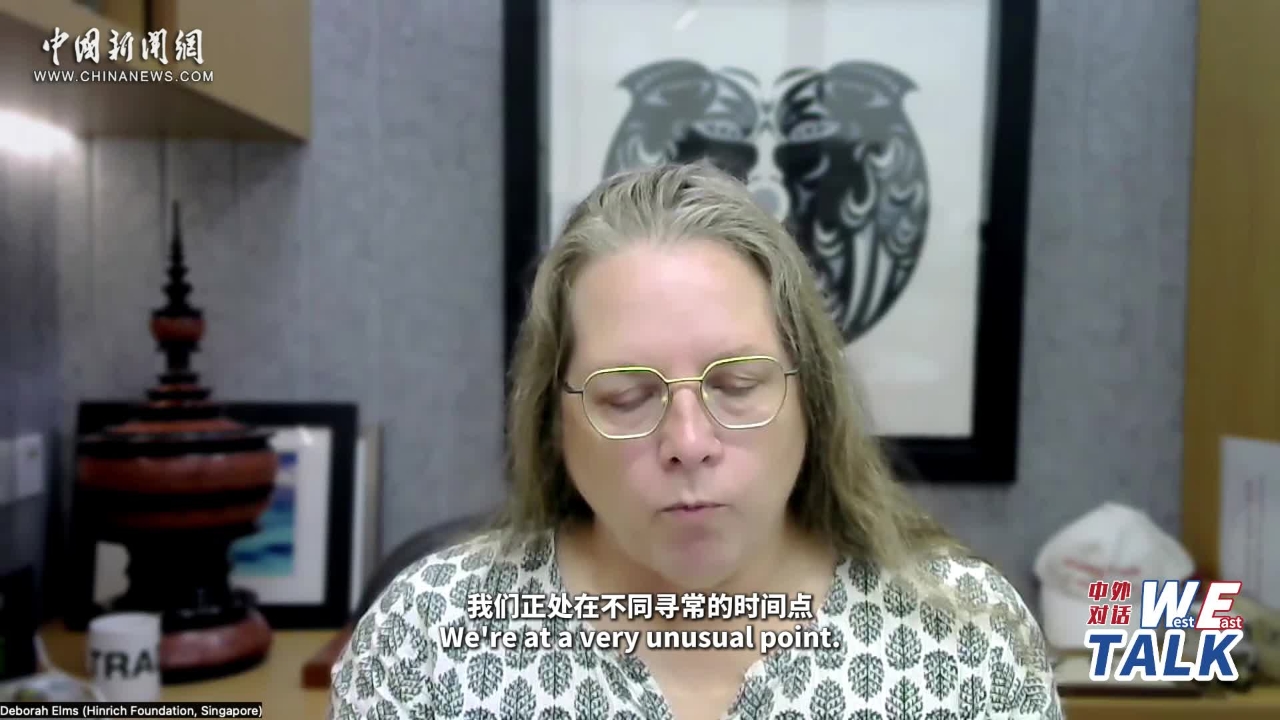



 京公网安备 11010202009201号
京公网安备 11010202009201号